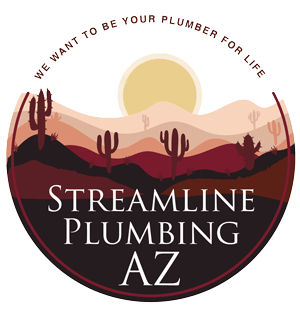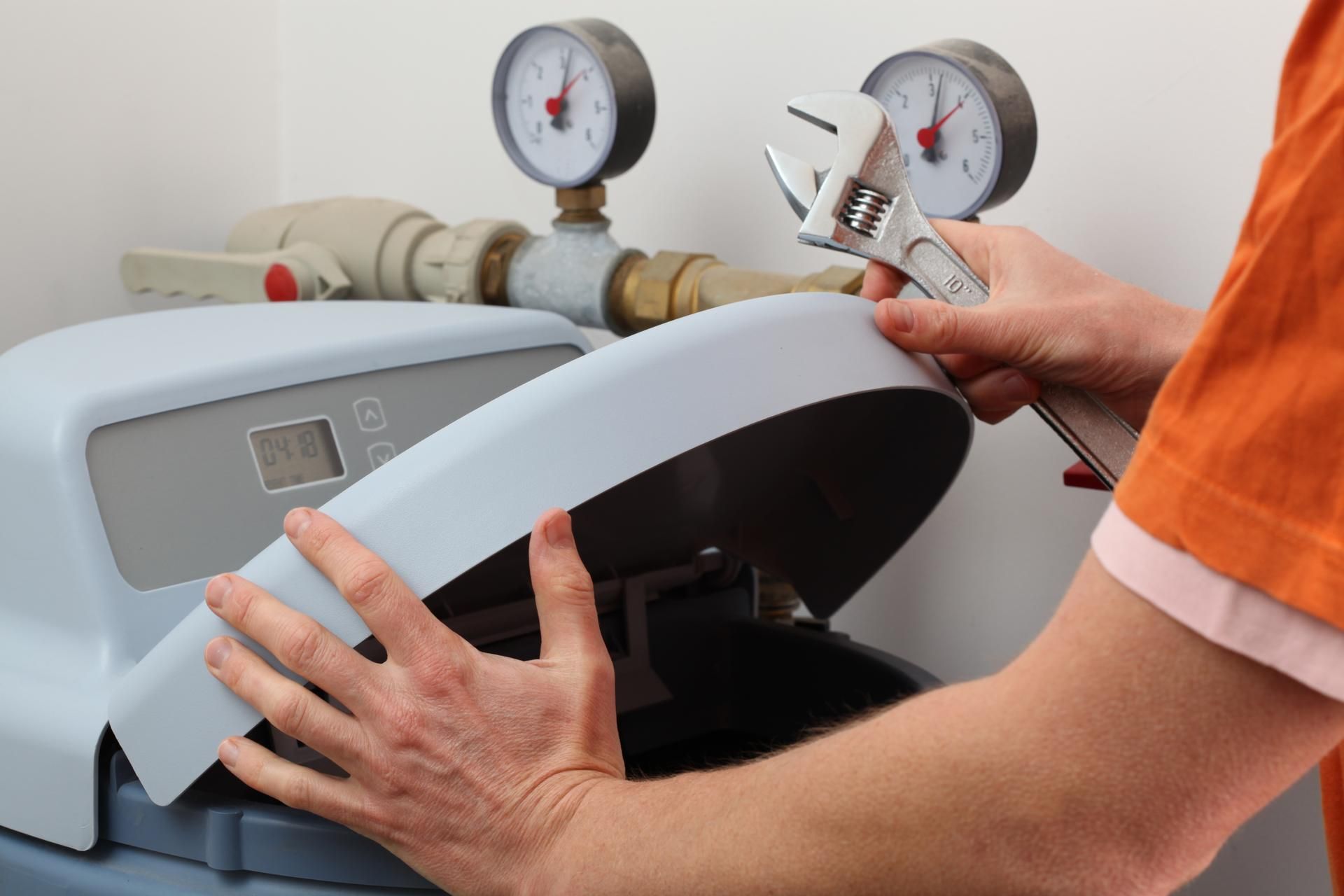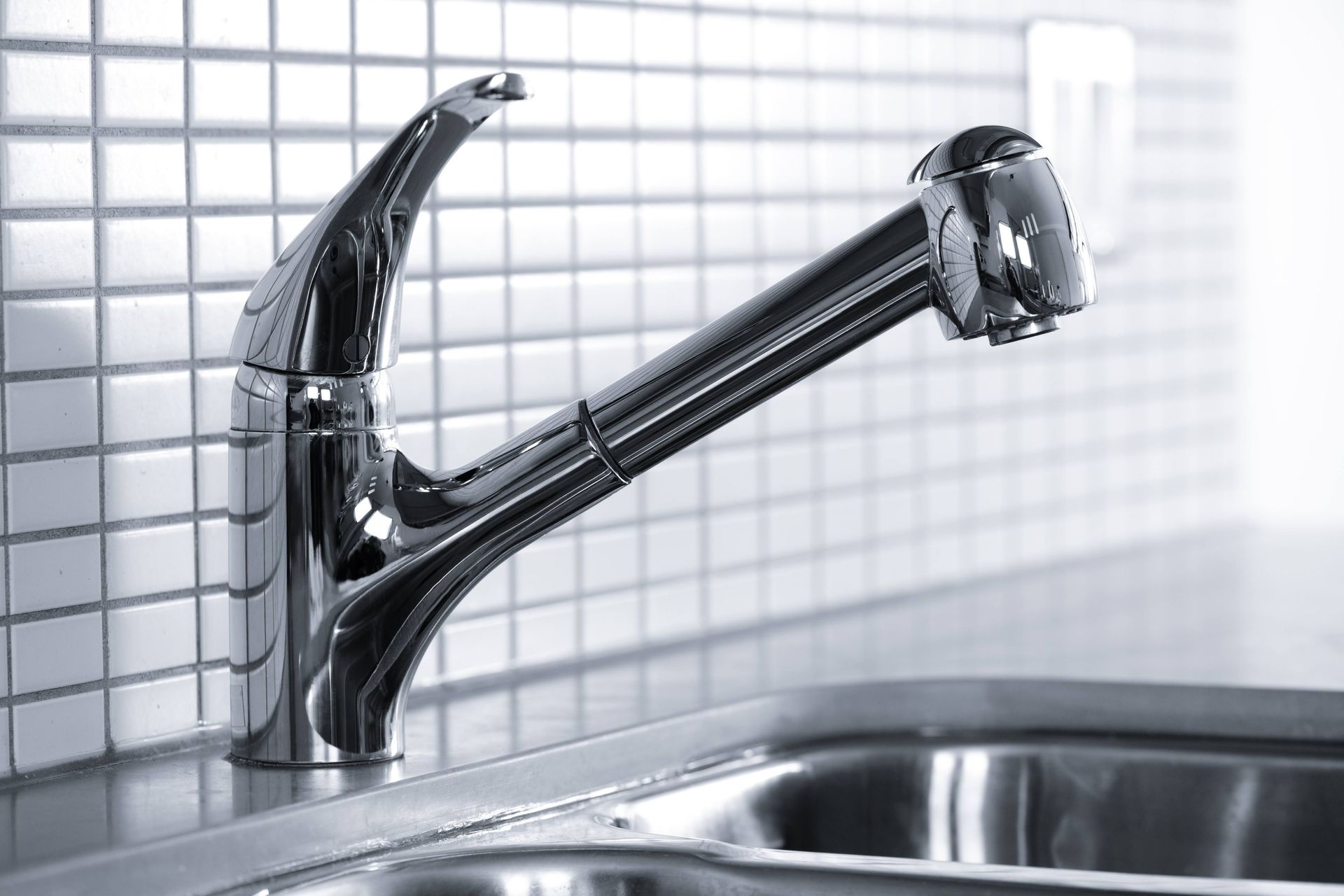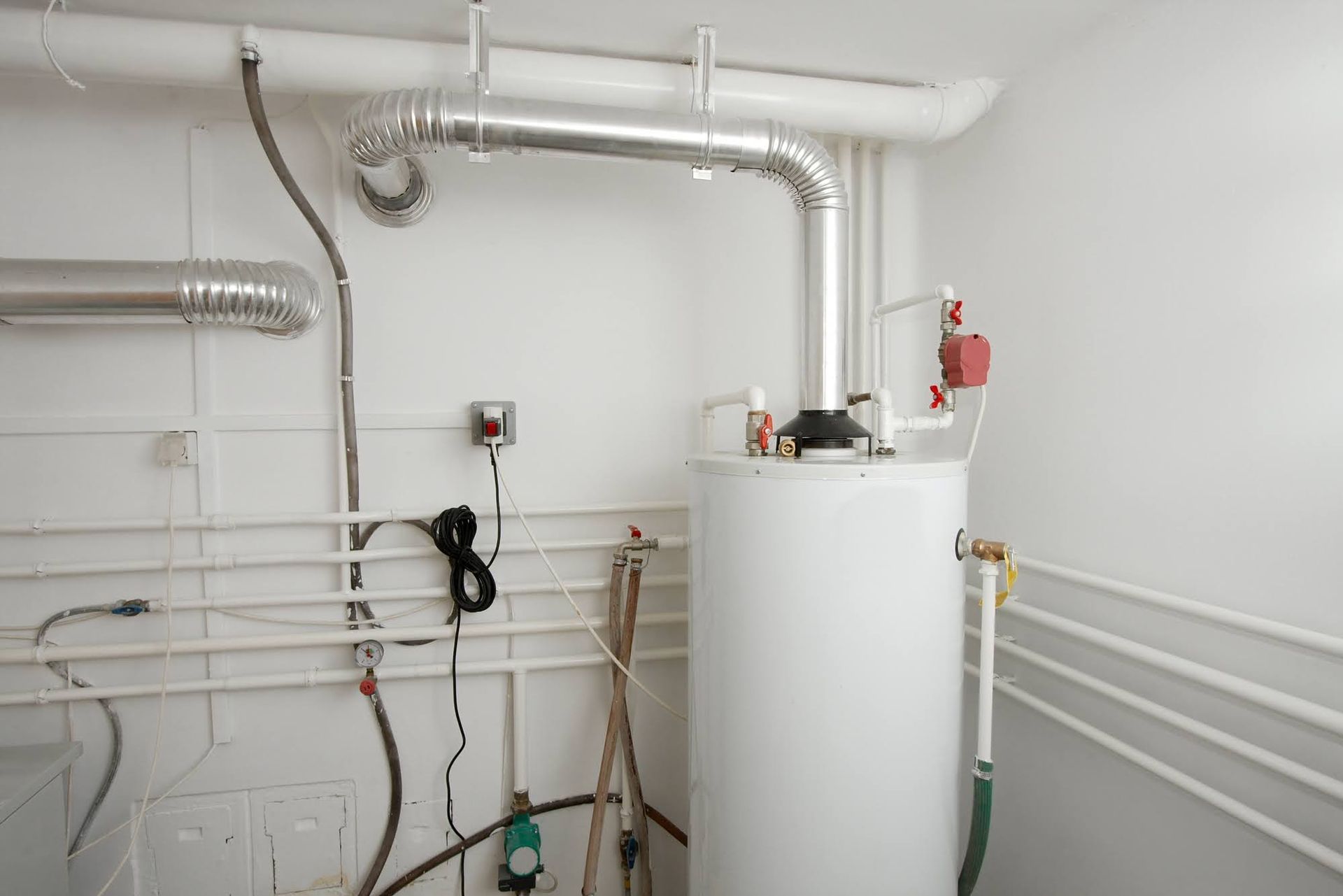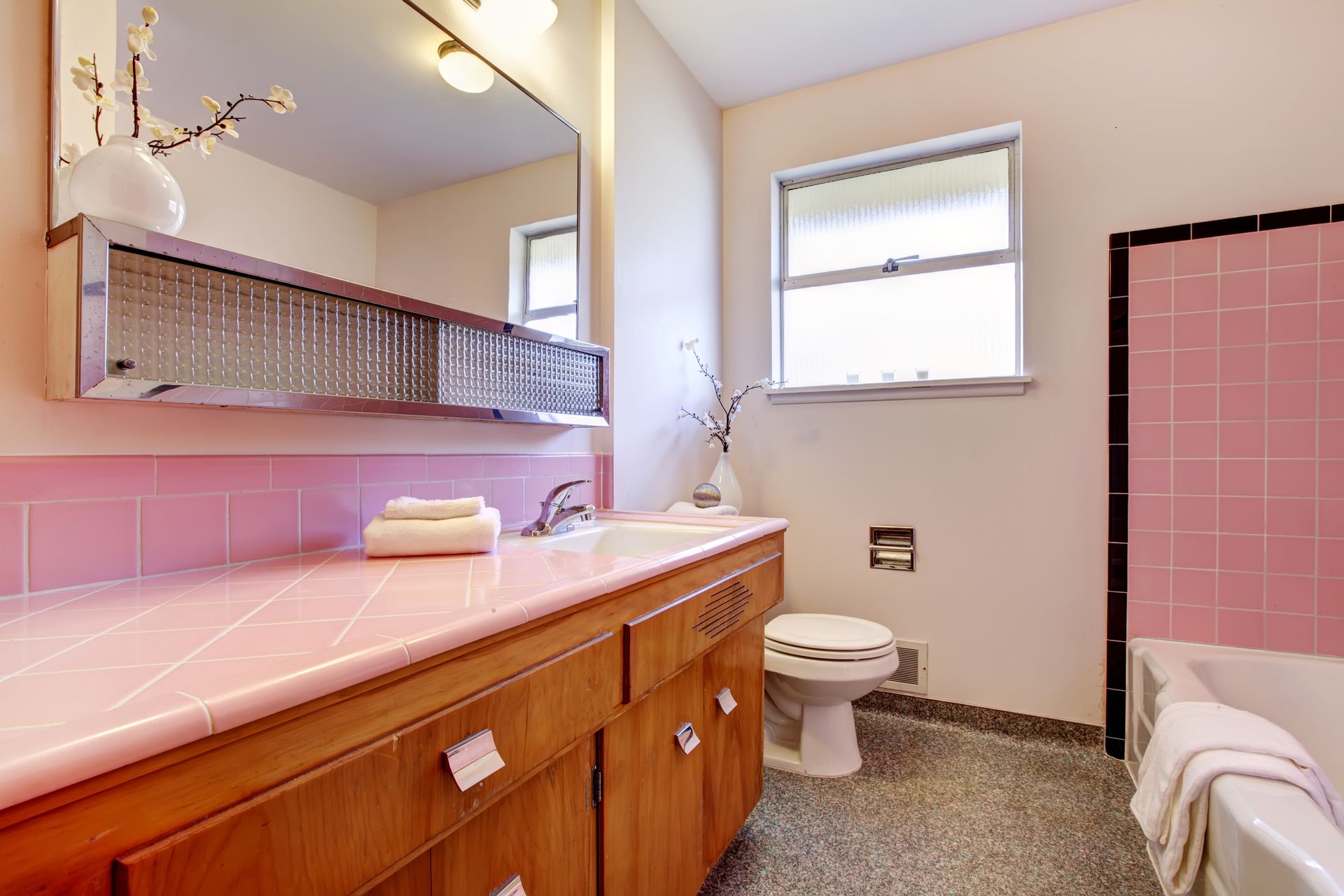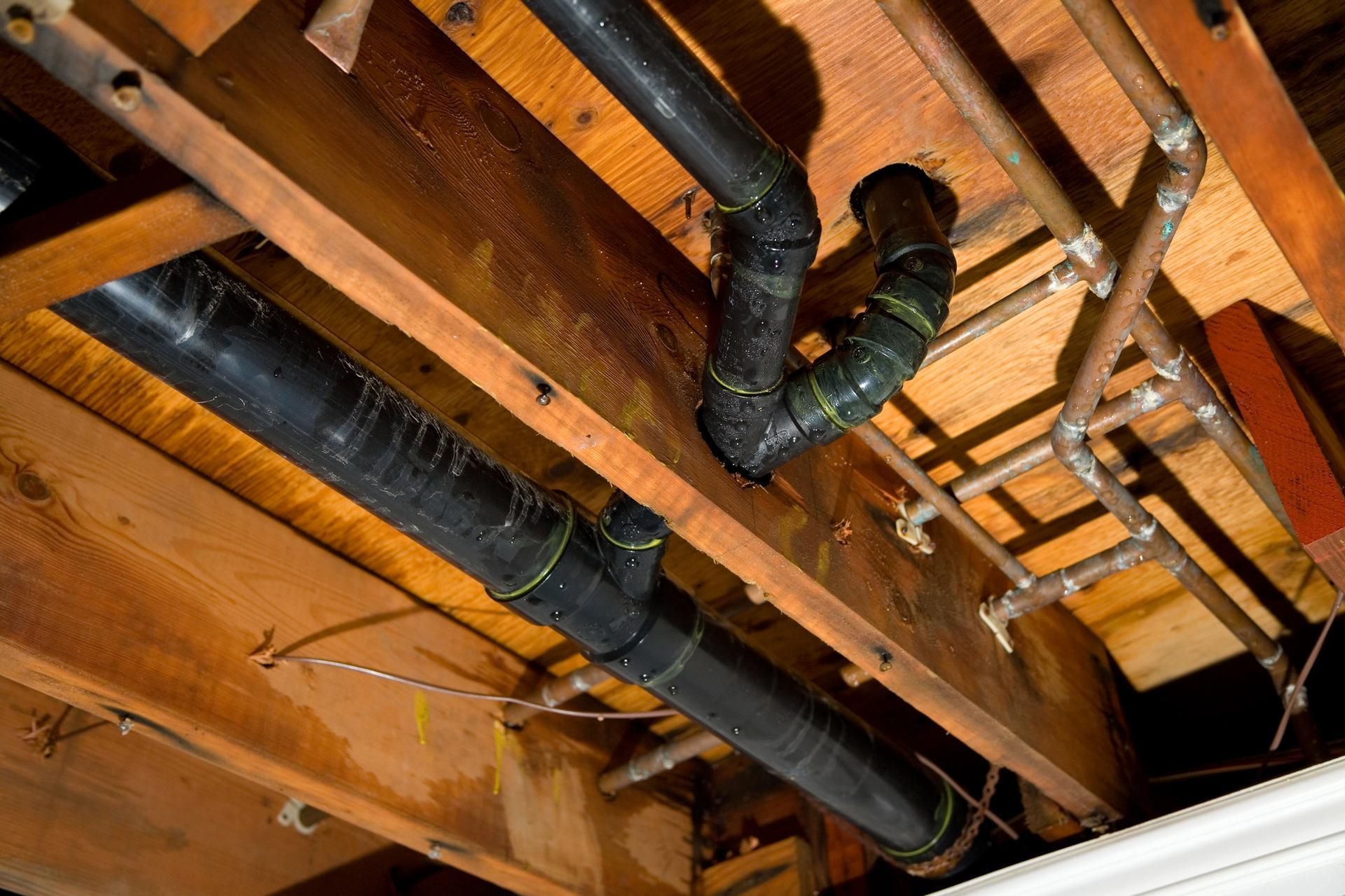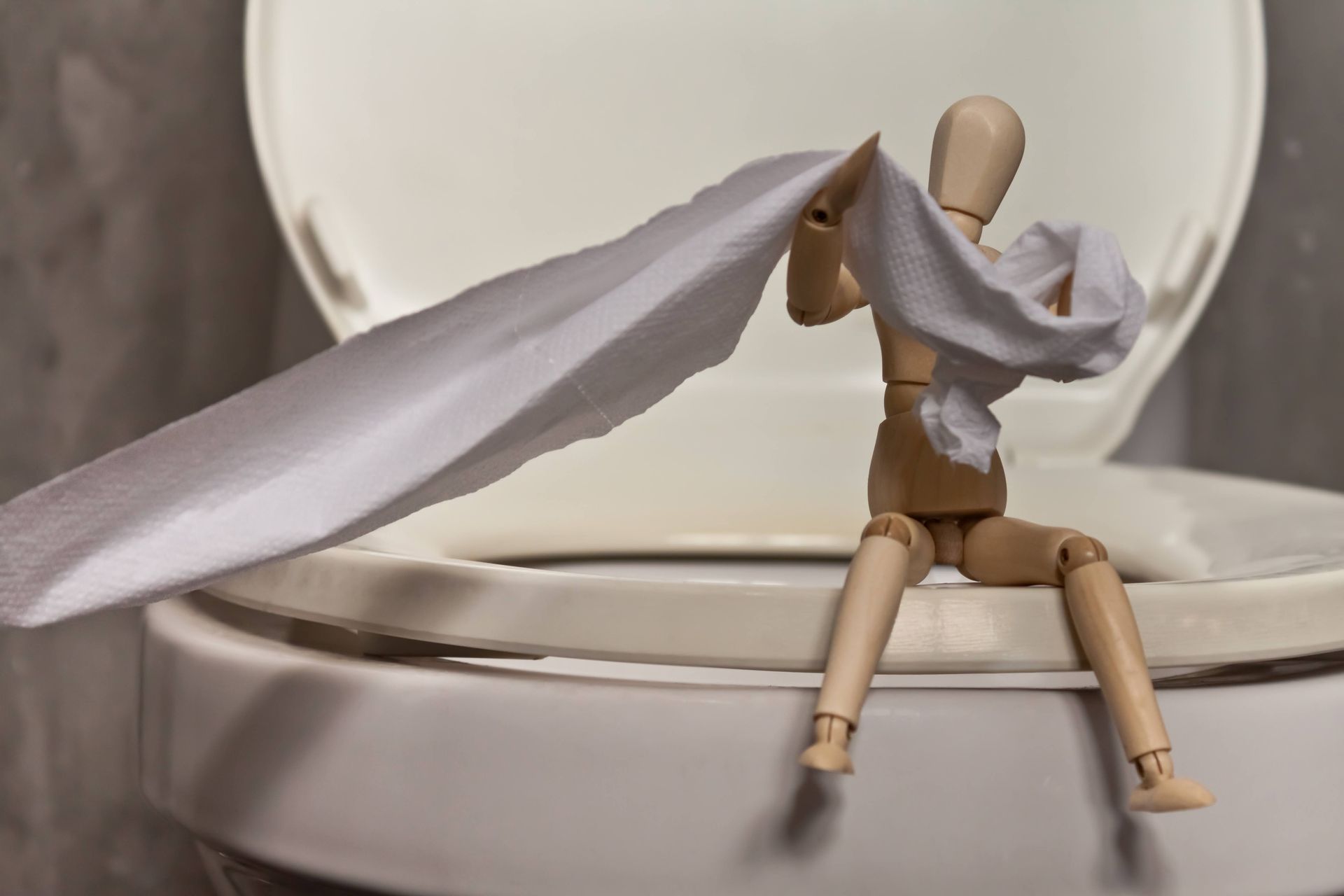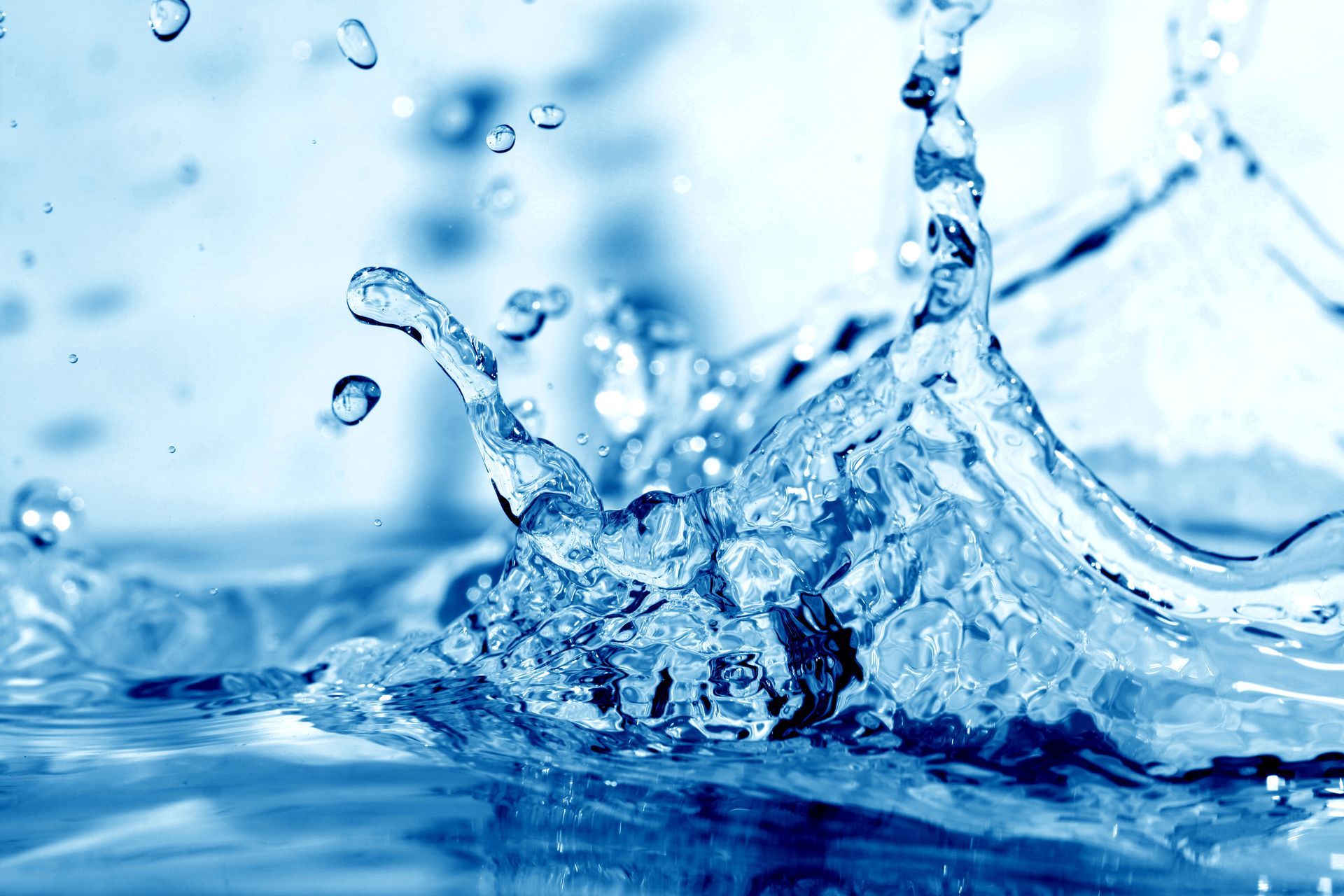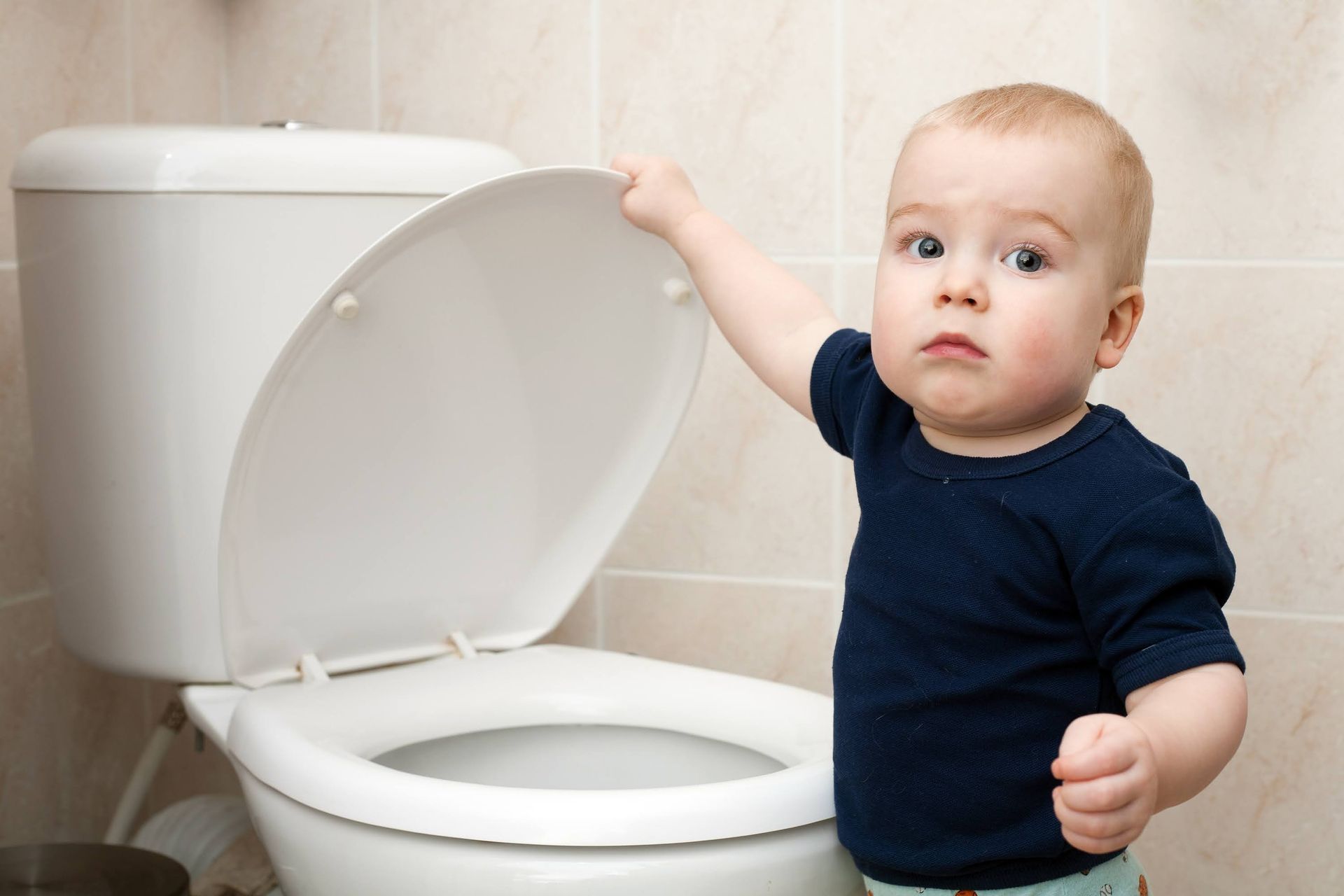Does Your House Need To Be Repiped?
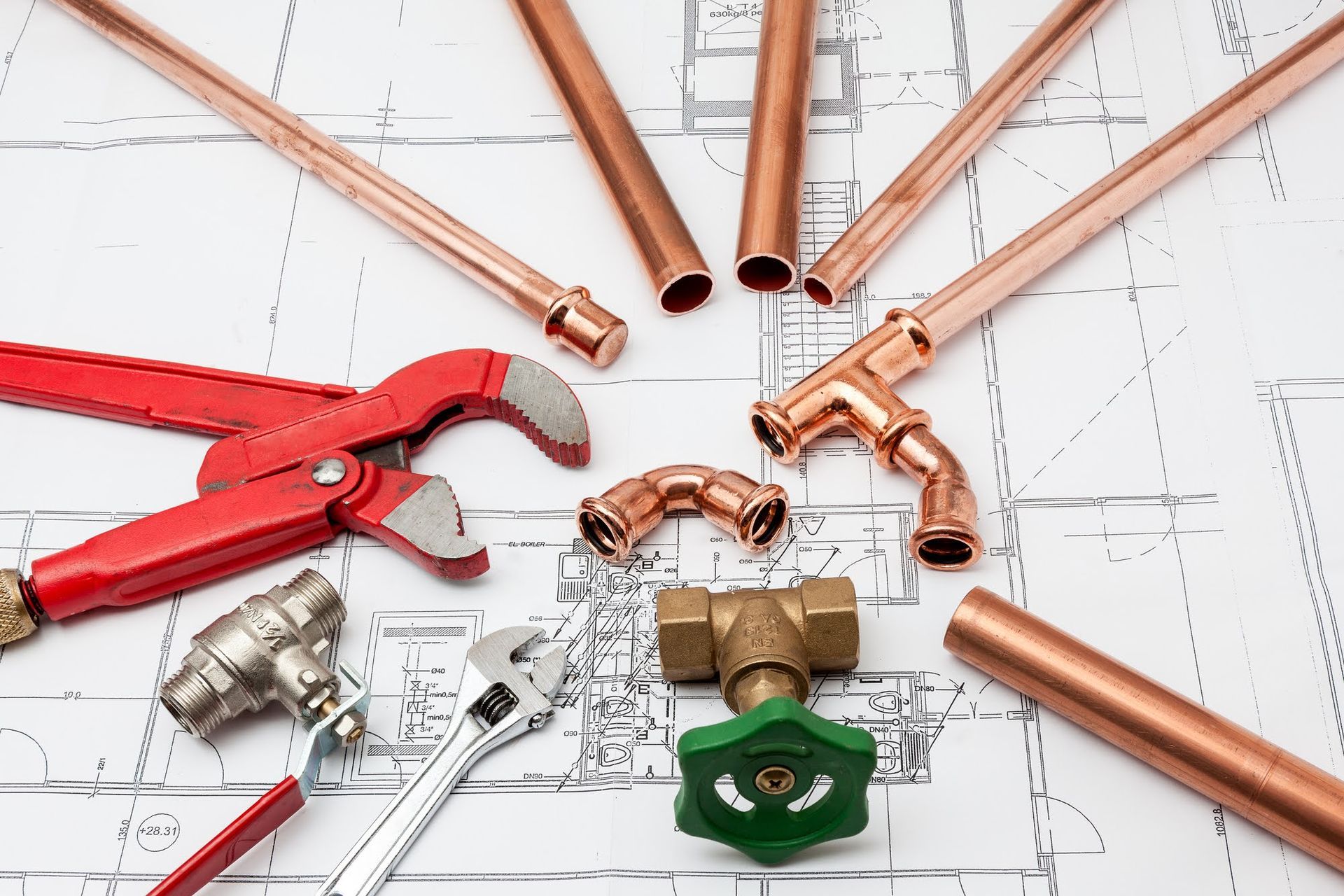
A home's plumbing system is essential in maintaining its functionality and comfort. However, the pipes that make up the system can deteriorate over time, leading to leaks, water damage, and other costly issues. In such cases, repiping the entire house may be necessary. How do you know when it's time to consider repiping your home?
In this blog post, we will review some of the signs that indicate your house needs to be repiped. We will discuss the common causes of pipe deterioration, the warning signs you should watch out for, and the benefits of repiping your home. By the end of this post, you will have a better understanding of whether your house needs repiping and how to proceed with the process.
Signs That Indicate Your House Needs to Be Repiped
There are multiple signs that suggest your home needs repiping. Here are some of them.
Frequent Leaks
If you are experiencing leaks frequently, it could be a sign of weakened pipes that have corroded or decayed over time. Repiping can be the only solution if the leaks are extensive and difficult to repair.
Low Water Pressure
If your faucets and showerheads are producing low water pressure, it could be a sign of pipe buildup or blockage. Repiping can help alleviate this issue by opening up the flow of water to your fixtures.
Discolored Water
If the water coming out of your taps looks brownish or rusty, it could be due to corrosion in your pipes. If this continues, it could impact the quality of your drinking water. Repiping can help restore clean, healthy water to your home.
Clanging or Banging Pipes
If you hear strange noises coming from your pipes, it could indicate that they have become loose or damaged. The solution can be repiping your entire home, ensuring that all your pipes are secured and running smoothly.
Benefits of Repiping Your Home
Now that you know some of the signs that indicate your home needs repiping, here are some of the benefits of this process:
- Improved Water Quality: Repiping eliminates rust and other buildup, ensuring that you have access to clean, healthy water in your home.
- Increased Water Pressure: Repiping can help eliminate blockages, allowing for better water flow in your home.
- Cost-Effective Solutions: While repiping your entire home can be costly, it can also be more cost-effective than repeatedly fixing leaks and dealing with water damage.
- Enhanced Home Value: Repiping your home may increase its overall value, making it more attractive to potential buyers.
The Process of Repiping Your Home
Suppose you have identified the signs that indicate your home needs repiping. In that case, it is vital to understand the process involved in this procedure. Repiping the entire house is labor-intensive and requires a trained professional who can ensure the job is done correctly. Here are the steps involved in repiping your home:
- Assessment: A plumbing professional will inspect your home's pipes and determine if repiping is necessary based on the signs of deterioration.
- Planning: The plumber will then create a comprehensive plan for repiping your home, which includes the timeline and the cost involved.
- Installation: The plumbing professional will install new pipes throughout your home to replace the old and damaged ones.
- Clean-Up: Once the installation is complete, the plumber will clean the work area and ensure that all loose materials and debris are removed.
Repiping your entire home can be timely and expensive, but it is an essential investment that will ensure the health and safety of your family. Being aware of the warning signs that indicate your home needs repiping can help you be proactive in making the necessary repairs. Remember, repiping is not a DIY job, and professionals are best qualified to handle this work. When you need to repipe your home, contact our office to help ensure a successful outcome.
